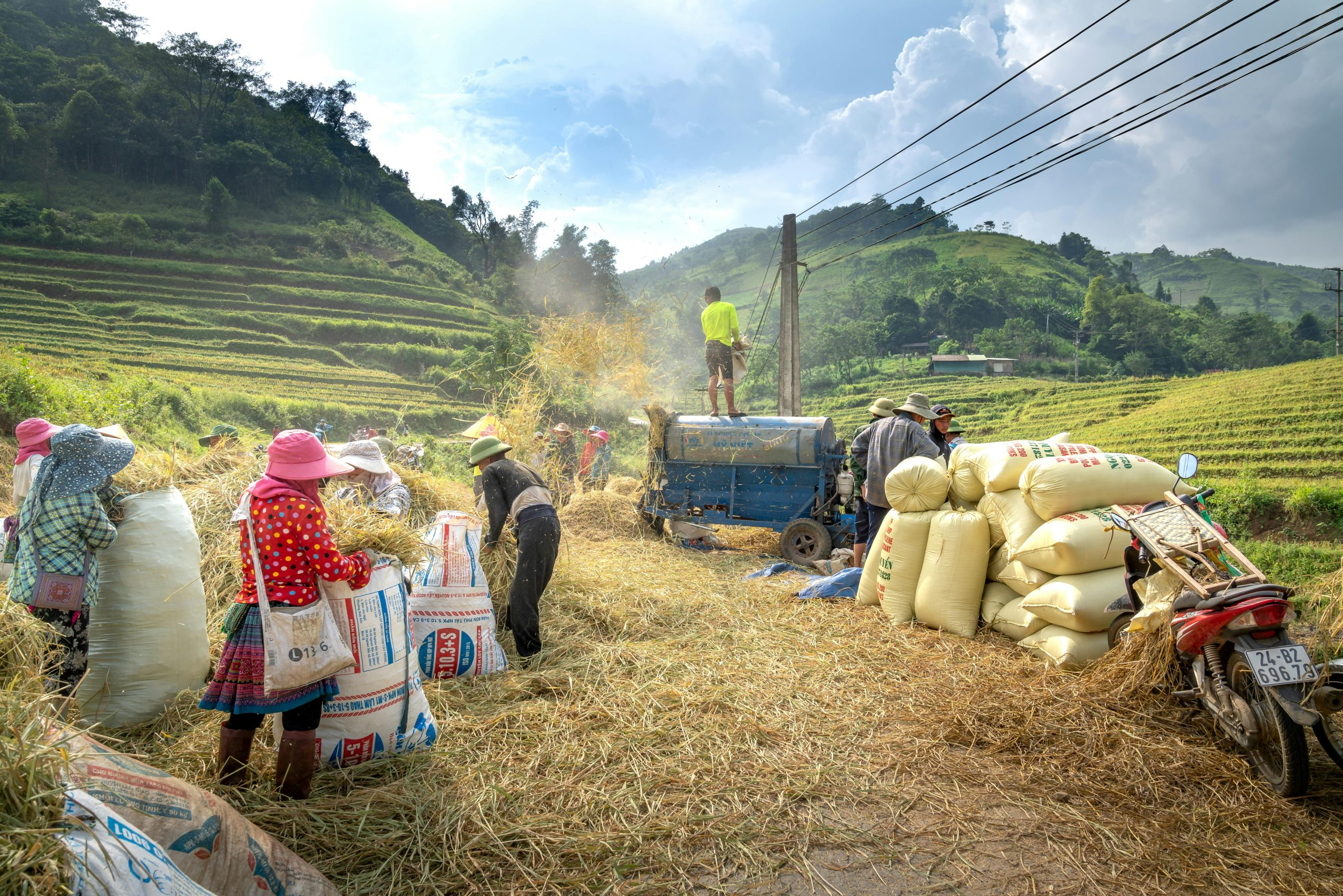Autonomous Farming Vehicles Increasing Agricultural Efficiency
For centuries, farming has been an essential part of human life, providing sustenance and resources for societies around the world. With the ever-growing global population and the increasing demand for food, the agricultural industry is facing unprecedented challenges to keep up with the demand. In response, farmers are turning to new technologies, including autonomous farming vehicles, to increase efficiency and productivity. In this article, we will explore the rise of autonomous farming vehicles and how they are revolutionizing the agricultural industry.
The Rise of Autonomous Farming Vehicles
The concept of autonomous farming vehicles is not entirely new. Tractors, combines, and other equipment used in farming have had some level of automation for several decades. However, recent technological advancements, such as artificial intelligence and machine learning, have taken the capabilities of autonomous farming vehicles to a whole new level. These advanced technologies allow autonomous vehicles to make decisions and operate without human intervention, leading to increased efficiency and productivity in the agricultural sector.
The Benefits of Autonomous Farming Vehicles
Increase Efficiency
One of the most significant benefits of using autonomous vehicles in farming is increased efficiency. These vehicles can operate 24/7 without the need for breaks or rest, unlike human operators. They can work in adverse weather conditions, such as rain or extreme heat, which would be challenging or dangerous for humans. This increased efficiency leads to faster completion of tasks, allowing farmers to cover more land in less time.
Reduce Labor Costs
Another advantage of autonomous farming vehicles is the reduction of labor costs. With the increasing cost of labor and the shortage of skilled workers, farmers are facing significant challenges in finding and hiring qualified personnel. Autonomous vehicles eliminate the need for manual labor, thus reducing labor costs and increasing profitability for farmers.
Precision Farming
Autonomous vehicles also play a crucial role in precision farming, which involves using data and technology to optimize and maximize yields. These vehicles use precise GPS technology to navigate and collect data about the soil, crops, and other environmental factors. This data is then used to make informed decisions about planting, fertilizing, and harvesting, leading to higher yields and reduced resource wastage.
Reduced Environmental Impact
The use of autonomous farming vehicles also has a positive impact on the environment. These vehicles are equipped with advanced sensors and systems that help farmers monitor and reduce the use of resources, such as water, fertilizer, and pesticides. By using only the required amount of resources, farmers can reduce their environmental impact and contribute to sustainable farming practices.
The Future of Autonomous Farming Vehicles
The future of autonomous farming vehicles looks promising, with continued advancements in technology and an increasing focus on sustainability. In the near future, we can expect to see more autonomous vehicles equipped with advanced sensors, cameras, and other technologies to improve efficiency and productivity on the farm. Additionally, the integration of these vehicles with other technologies, such as drones and robotics, is also being explored, further revolutionizing the agricultural industry.
In Conclusion
Autonomous farming vehicles are revolutionizing the agricultural industry by increasing efficiency, reducing labor costs, enabling precision farming, and reducing the environmental impact. With continued technological advancements, these vehicles are set to play a significant role in meeting the growing demand for food and ensuring sustainable farming practices. As we look towards the future, it is clear that the use of autonomous vehicles in farming will continue to grow and transform the industry for the better.










